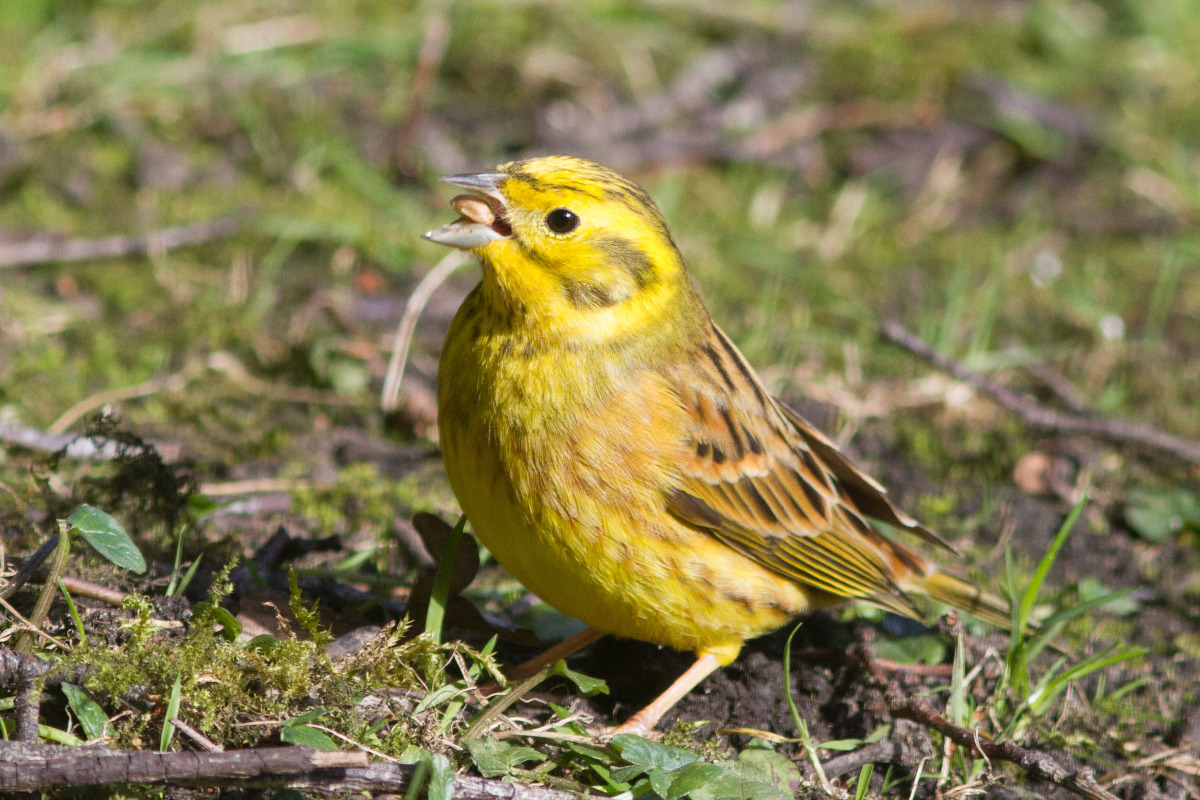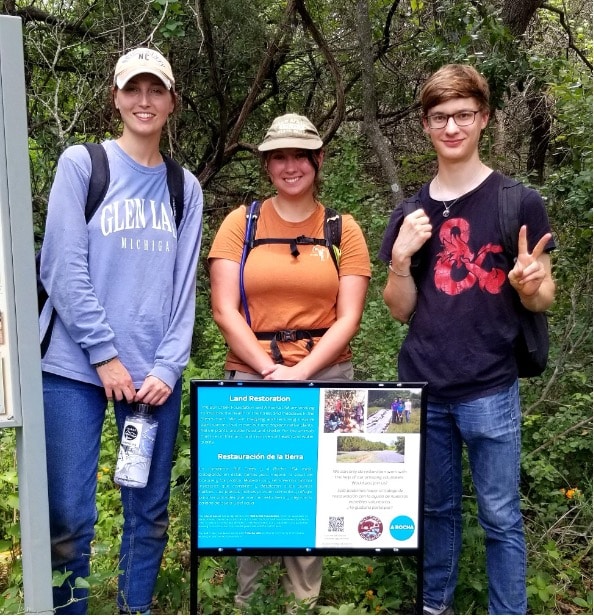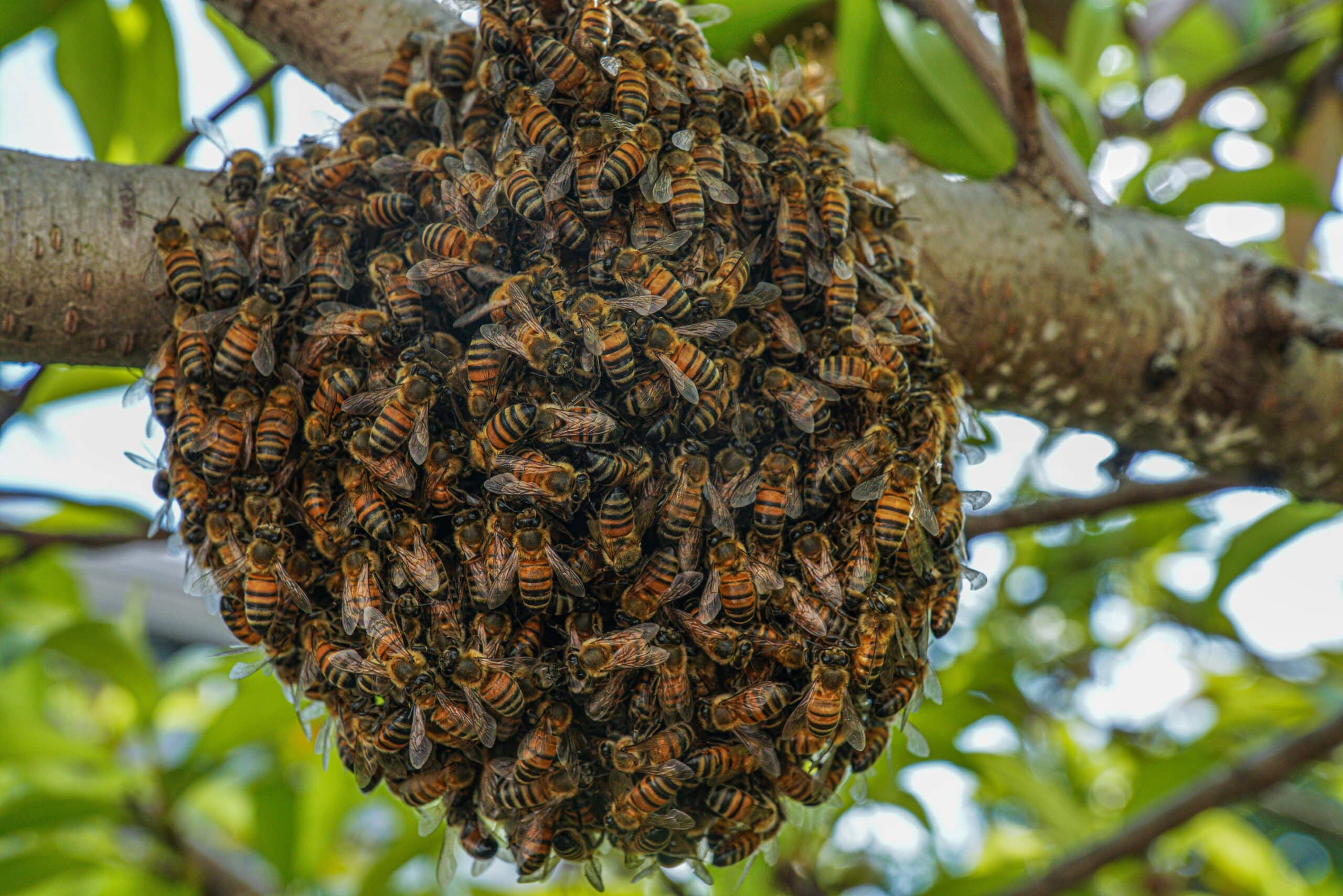Living on the margins
Recently I was staying overnight in a rural cottage and decided to get up for an early walk. It was bitterly cold, the ground rock-hard, with hoarfrost crystal kaleidoscopes in the hedges and furrows as the red sun inched above the horizon. As I tramped along the field-edge footpaths, walking fast to warm myself, I was scanning for signs of wildlife. Apart from a few Brown Hares Lepus europaeus and some Rooks Corvus frugilegus arriving from their roost, the fields were bare. However the hedgerows and field margins were bursting with life. European-funded incentives for conservation-friendly farming meant there were wide, weedy borders to the fields where flocks of Chaffinch Fringilla coelebs, Goldfinch Carduelis carduelis, Linnet Carduelis cannabina and Yellowhammer Emberiza citrinella scrabbled for seeds and rose in noisy colourful flocks. There were half-melted trails in the long grass from Wood Mice Apodemus sylvaticus, Field Voles Microtus agrestis and shrews Sorex spp., with hovering Kestrels Falco tinnunculus using their ultraviolet vision to seek them out. Rabbits Oryctolagus cuniculus and Pheasants Phasianus colchicus slalomed around the bases of the hedges to avoid me.

Yelowhammer Emberiza citrinella, by Peter Harris
The rich diversity of the margins contrasted starkly with the barrenness of the fields. How absurd that economists and agronomists call the chemically-enhanced deserts of commercial farming ‘improved’ and the natural richness of the margins ‘unimproved’. But the richness of life at the margins got me thinking. A few days earlier I’d been helping out with a winter night-shelter run by our church for migrant homeless men Homo sapiens in Southall, London. These were people living on the edge, on the unimproved margins of society, dependent on scraps and leftovers. Many were struggling with addictions and mental-health issues, as well as the confusions of alien language and culture, and the disappointment of broken dreams. They are a fraction of the millions of the marginalised in our fractured world, forced to move by conflict and climate. I was impressed by their dignity as they sought to help me fold their camp-beds and sort their bedding before they set off into the cold.
As I reflected on these two experiences of life on the margins I remembered the biblical story of Boaz and Ruth. God cares for those on the margins – human and nonhuman – and calls us to welcome them hospitably, sharing in the bounty God provides through creation. Life is not meant to be about maximising economic returns whatever the ecological and human cost, but about deepening relationships and recognising our connection to those on the margins.
Thinking further, I realised how frequently God speaks from the margins to make us aware of our barrenness. Jeremiah, Ezekiel and John the Baptist were amongst many prophets who saw things more clearly because they were on the edge, impervious to the polluting effects of a toxic society. In our globalised fossil-fuelled world, addicted to the false gods of unbridled economic growth and consumer excess, we need to listen to those on the margins. We need to hear the voices of refugees, poets and prophets, and the cry of the last Skylarks Alauda arvensis and Turtle Doves Streptopelia turtur, with their warnings of disaster and their invitation to a different and better way.
Finally, writing as A Rocha UK launches the new EcoChurch initiative, I believe there’s a prophetic call on Christian communities to move to the margins. We need to live out a different vision, to embody alternative values from the mainstream discourse. Our churches can model a way of life that celebrates life at the margins, welcomes the stranger, cares for biodiversity, and demonstrates the richness and joy to be found in sharing and simplicity. So, can I encourage you to join me in seeking to look out, listen and learn from those on the margins? As we do so, we may just find that Jesus has got there before us.
We are happy for our blogs to be used by third parties on condition that the author is cited and A Rocha International, arocha.org, is credited as the original source. We would be grateful if you could let us know if you have used our material, by emailing [email protected].



